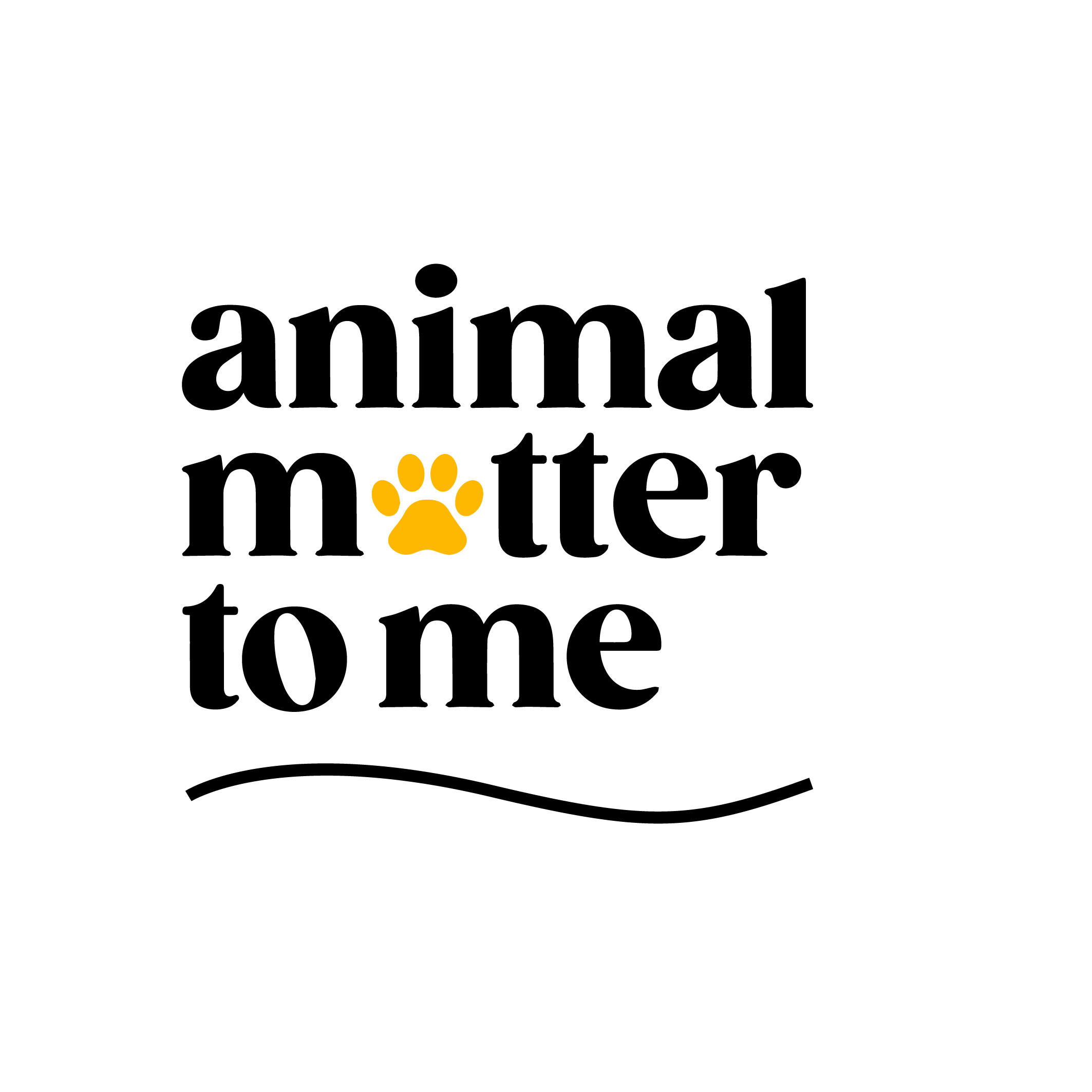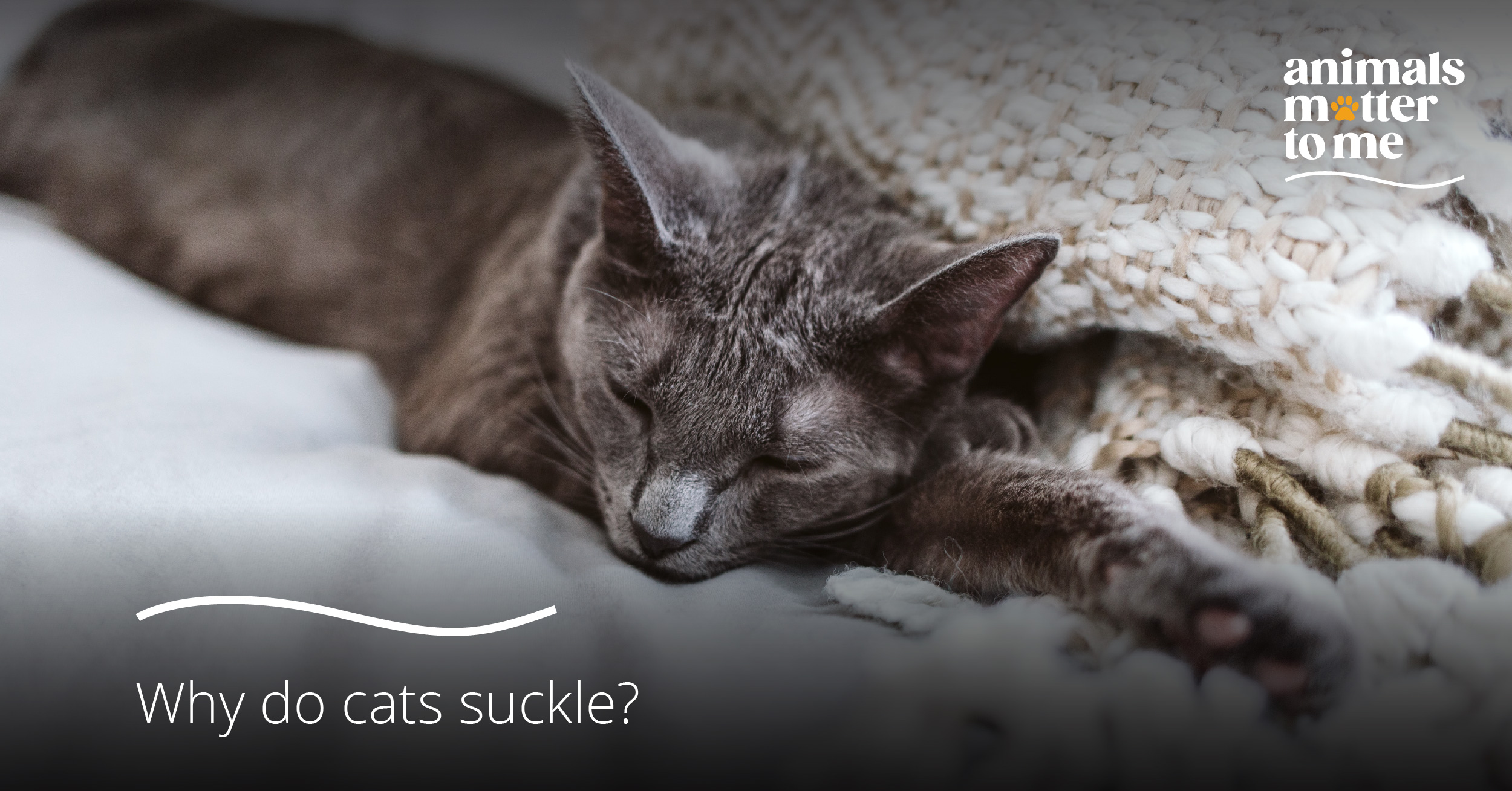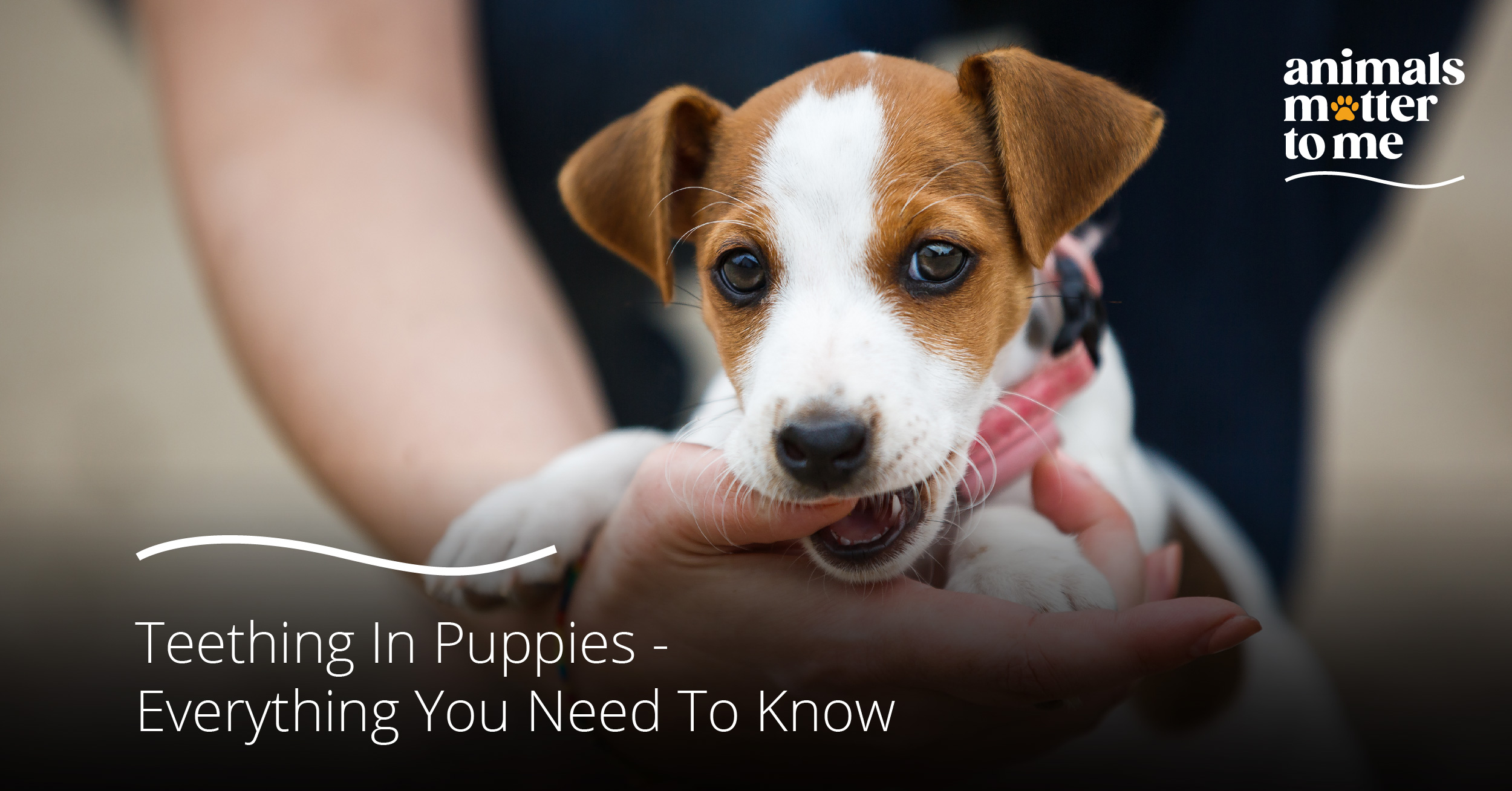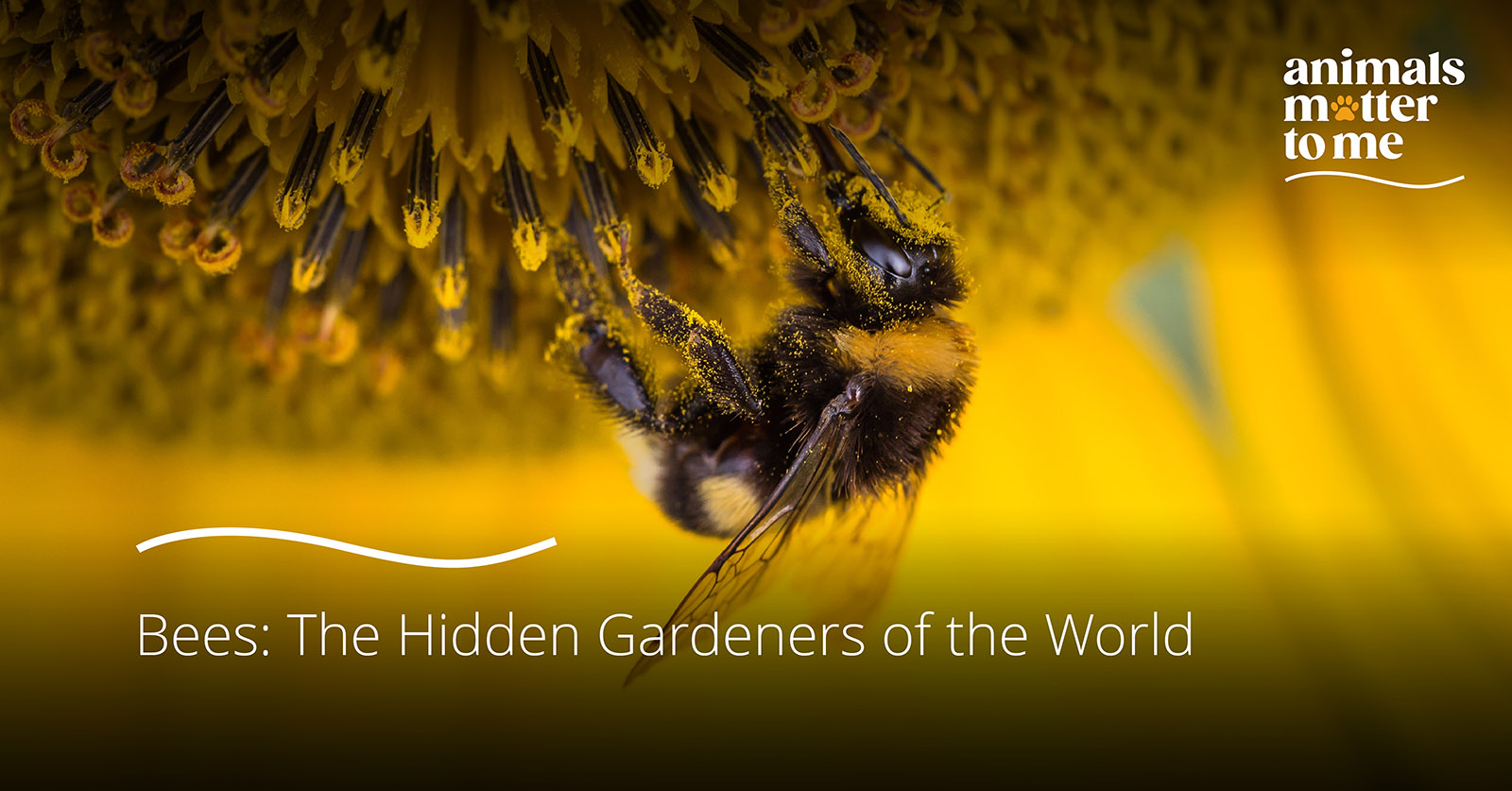Ever seen your adult cat suckling on its favourite blanket or, even on you? It’s certainly an unusual behaviour that can leave owners scratching their heads in confusion. Here’s why cats may engage in the curious act of suckling despite having grown out of kittenhood, and how you should handle it.
What is suckling?
Suckling is a natural instinct wherein mammals nurse on their mother’s milk it helps to give them the nourishment and comfort that all newborns crave. It’s a completely natural action and it’s not unusual to see adult cats suck on something like a piece of fabric or even your finger after the weaning process.
Although it is not unusual for this behaviour to persist during their adulthood, there are still some triggers that could cause them to have such a behaviour in the first place. Here are a few possible reasons:
- Feeling comfort
Suckling can be a sign that your cat is feeling right at home. Not only does it signify contentment and relaxation, but if purring accompanies the behaviour, you’ll know they are truly happy. - Natural instinct
Cats have their own natural instincts and suckling is one habit that many cats exhibit during their younger years. However, if your kitty maintains this action into adulthood you shouldn’t worry about it unless it is causing health issues for them. - Stress
Stress can cause major behavioural issues in cats and sometimes result in suckling habits persisting through adulthood. Excess stress can also lead your feline friend to express undesirable behaviour such as scratching furniture or having accidents outside the litter box.
Often, the stress can be due to your cat feeling lonely or having a poor cat environment. Sometimes it can also be due to an underlying medical condition and the suckling could be a habit of self soothing. Just in case, it’s advisable to get your cat checked out by your vet to make sure all is well with your cat. - Early weaning
Sometimes if a kitten separates from its mother too soon or is weaned too early, it can result in suckling. Generally, kittens are weaned in various stages over the 3 months that kittens need to stay with their mothers. If this does not happen, then kittens naturally gravitate to suckling on warm, soft, fuzzy materials – finding comfort in it like they did with their mother. - Different breeds
Oriental cat breeds such as Siamese, Tonkinese and Balinese cats are infamous for their tendency to “wool-suck”. While this behaviour may look cute at first glance, it can be dangerous if they consume the material. To avoid any health risks associated with wool ingestion, consider swapping out your fabrics in favour of dedicated cat-safe toys made from materials that won’t put your furry friend in danger.
Should I let my cat knead or suckle?
Cat kneading and suckling are signs of a happy kitty. These are normal neonatal behaviours as they mimic the action of feeding as a kitten. As your cat gets older, this generally stops on its own. If it persists, it’s important to know that it’s not a cause for concern and can be corrected by averting your cat’s attention to a cat toy. However, make sure that your cat has something safe to knead and suckle on.
How do I stop my cat from suckling?
Turning their behaviour toward a toy or playing with them is an effective solution. It’s important to never yell or raise your voice at your cat, and avoid sudden jerks so that your kitty doesn’t become afraid of you and continues finding comfort with you. Cuddling while they suckle has been known to create a bond between cats and their owners. This should be fine as long as it doesn’t lead to developing unwanted behaviours such as biting, scratching, and being destructive.





One Response
Nice article Furry animals